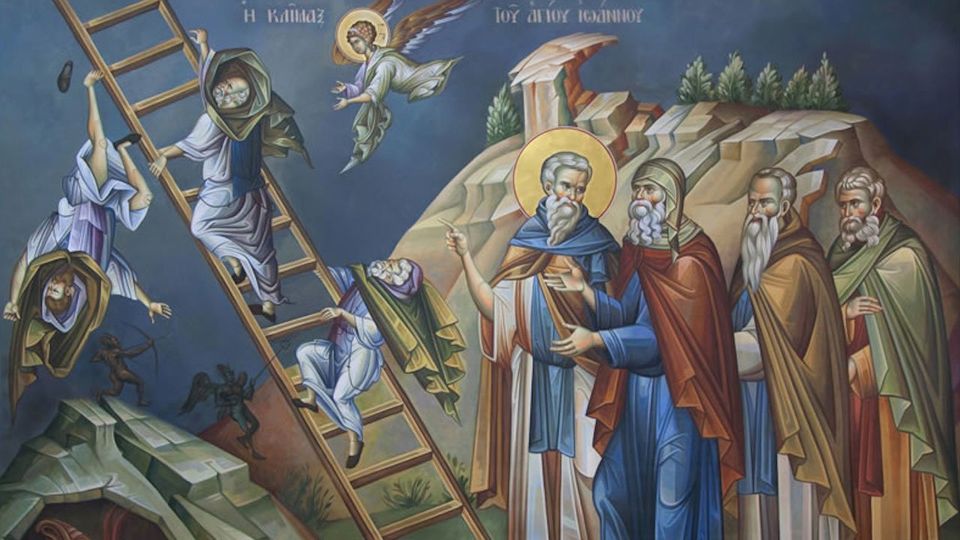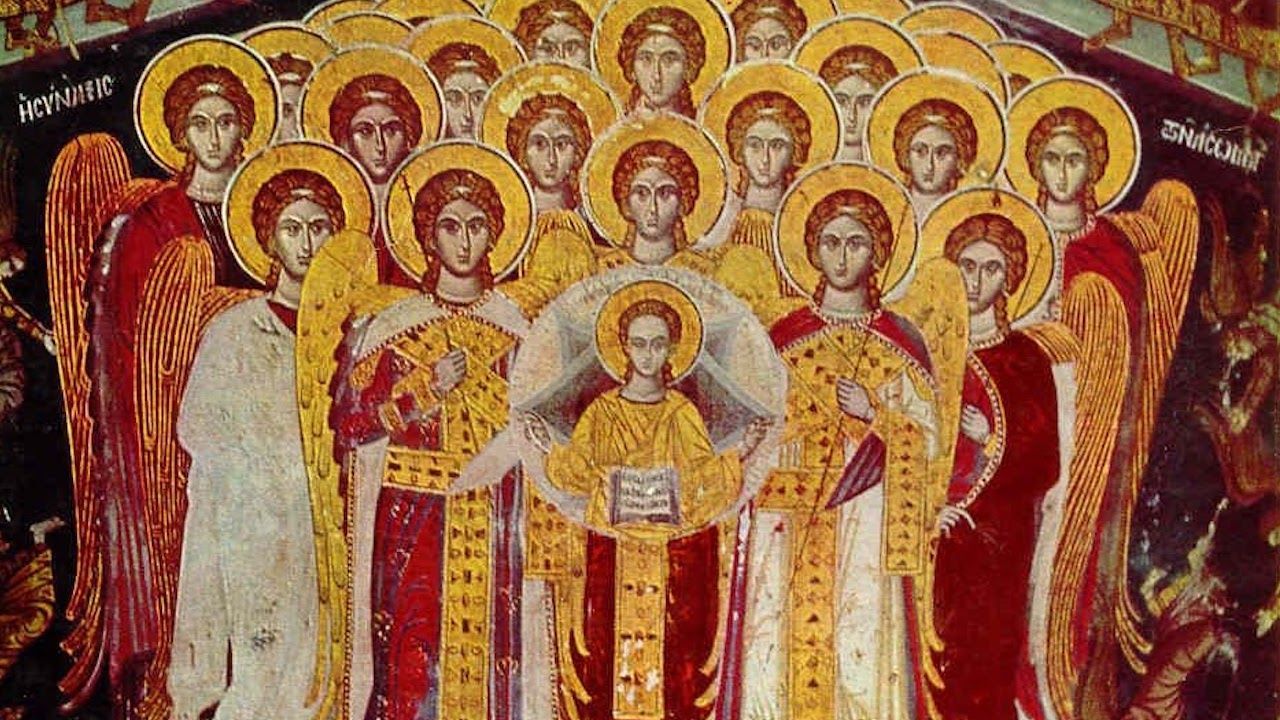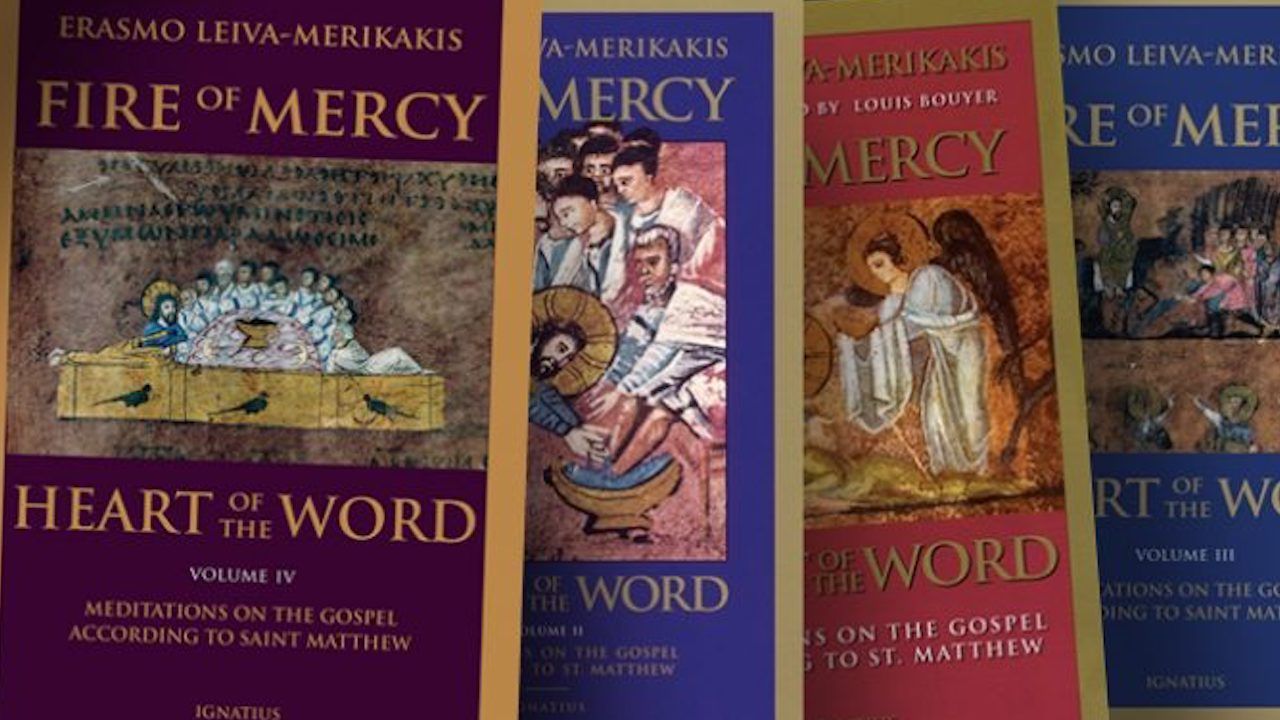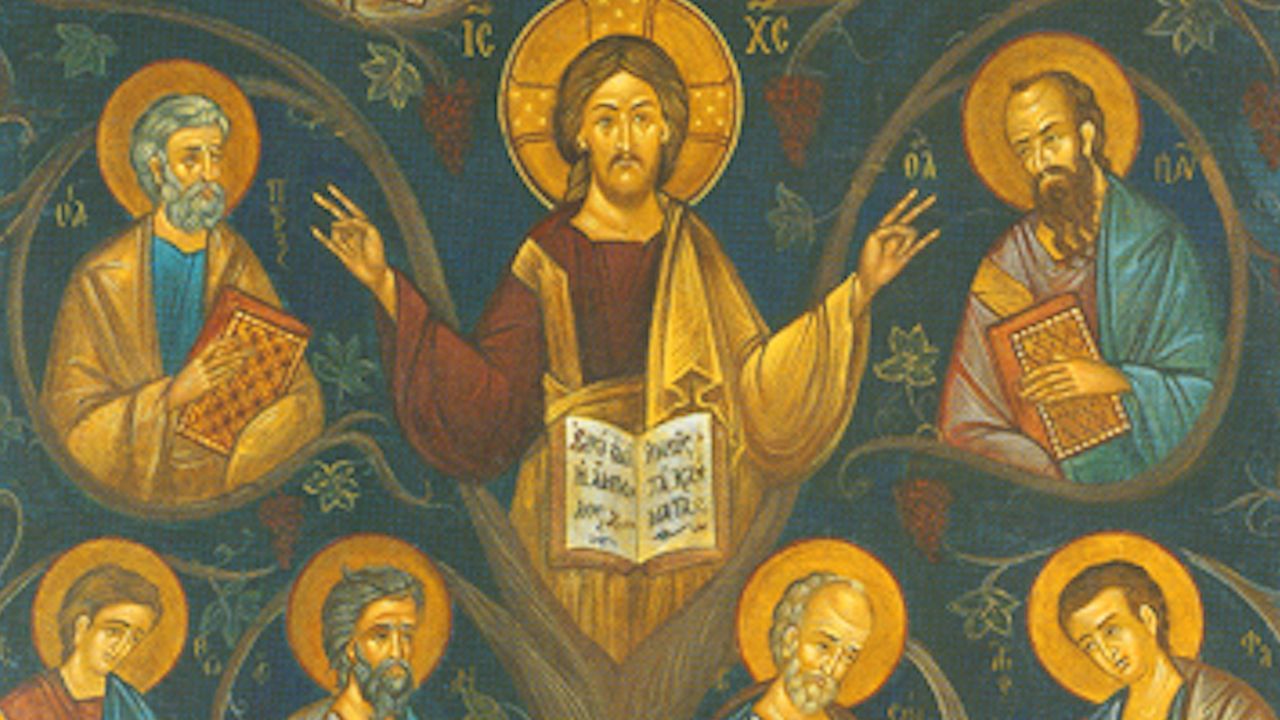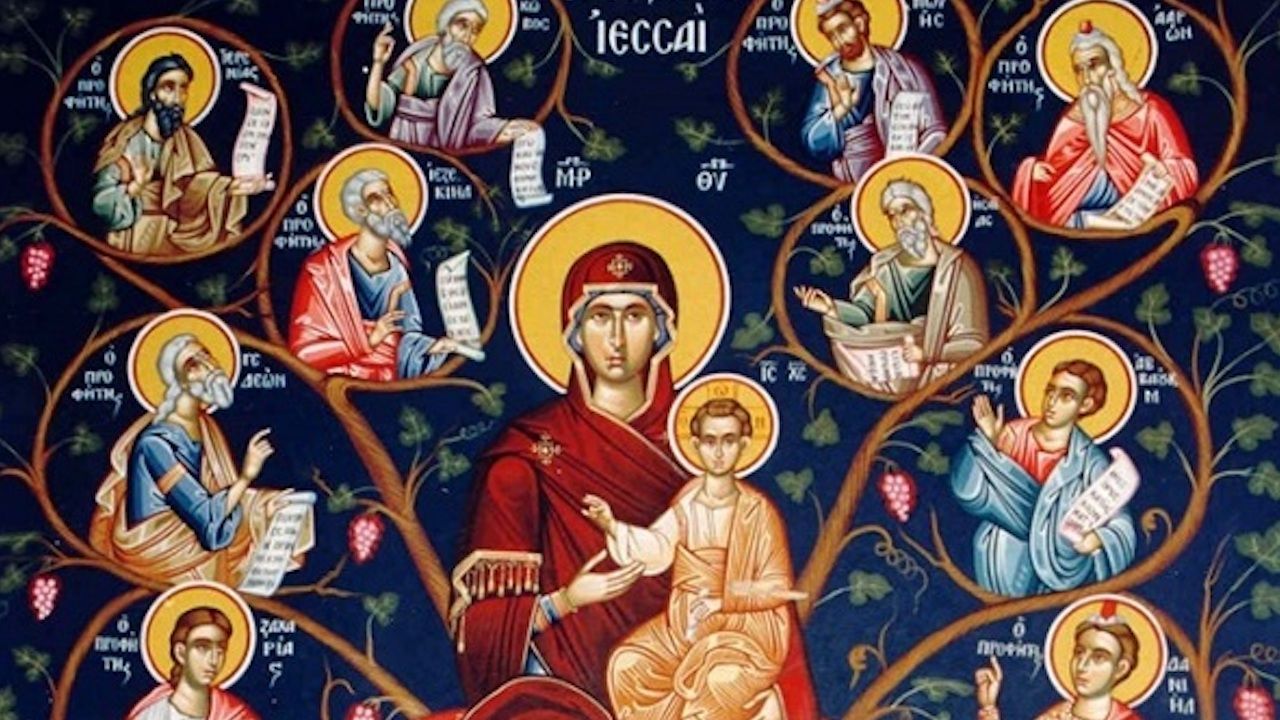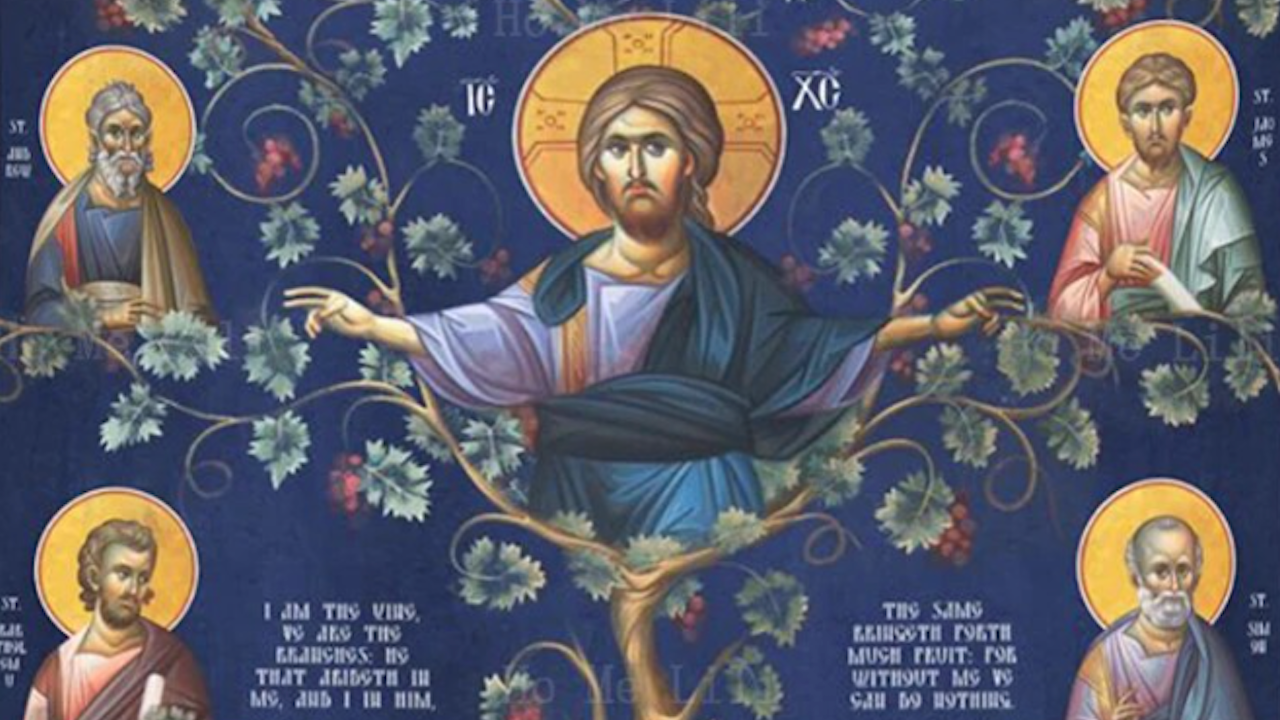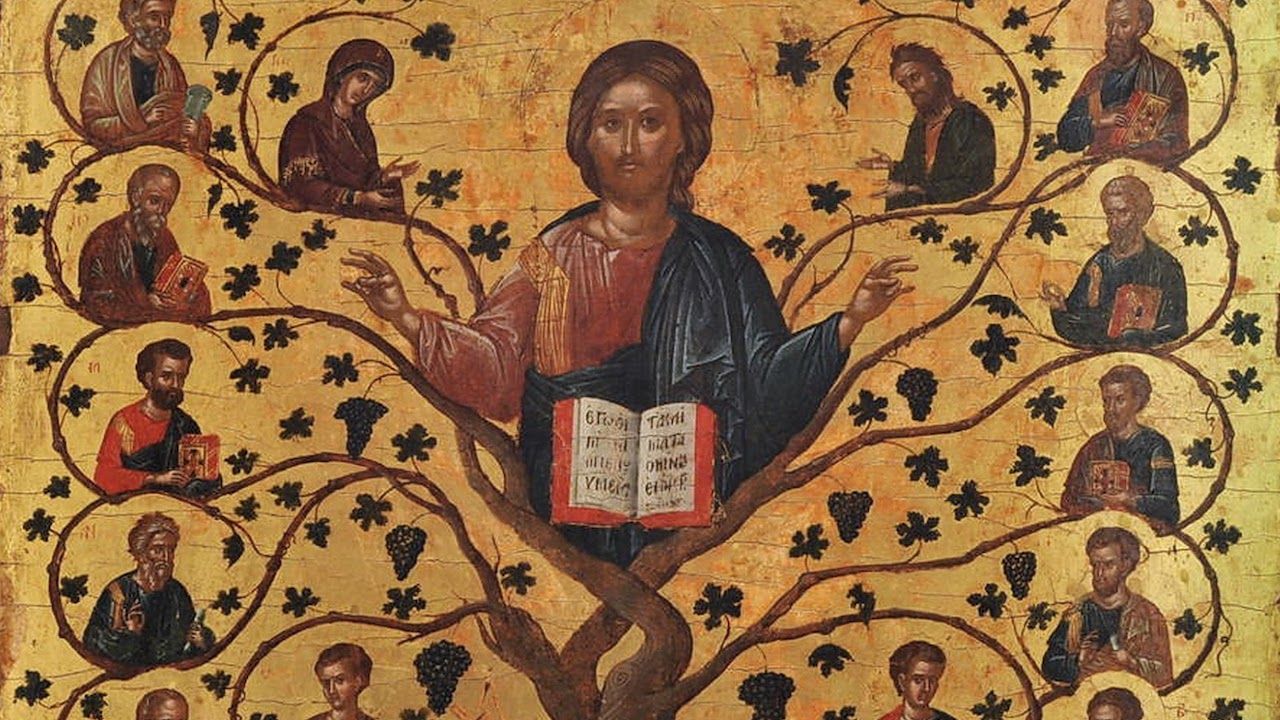1. Every word is preceded by thought. And the remembrance of death and sins precedes weeping and mourning. Therefore, this subject comes in its proper place in this chapter.
2. The remembrance of death is a daily death; and the remembrance of our departure is an hourly sighing or groaning.
3. Fear of death is a property of nature that comes from disobedience, but trembling at death is a sign of unrepented sins. Christ fears death, but does not tremble, in order to demonstrate clearly the properties of His two natures.
4. As of all foods, bread is the most essential, so the thought of death is the most necessary of all works. The remembrance of death amongst those in the midst of society gives birth to distress and meditation, and even more, to despondency. But amongst those who are free from noise, it produces the putting aside of cares and constant prayer and guarding of the mind. But these same virtues both produce the remembrance of death, and are also produced by it.
5. As tin is distinct from silver, although it resembles it in appearance, so for the discerning there is a clear and obvious difference between the natural and contranatural fear of death.
6. A true sign of those who are mindful of death in the depth of their being is a voluntary detachment from every creature and complete renunciation of their own will.
7. He who with undoubting trust daily expects death is virtuous; but he who hourly yields himself to it is a saint.
8. Not every desire for death is good. Some, constantly sinning from force of habit, pray for death with humility. And some, who do not want to repent, invoke death out of despair. And some out of self-esteem consider themselves dispassionate, and for a while have no fear of death. And some (if such can now be found), through the action of the Holy Spirit, ask for their departure.
9. Some inquire and wonder: “Why, when the remembrance of death is so beneficial for us, has God hidden from us the knowledge of the hour of death?” – not knowing that in this way God wonderfully accomplishes our salvation. For no one who foreknew his death would at once proceed to baptism or the monastic life; but everyone would spend all his days in iniquities, and only on the day of his death would he approach baptism and repentance. From long habit, he would become confirmed in vice, and would remain utterly incorrigible.
10. Never, when mourning for your sins, accept that which suggests to you that God is tender-hearted (this thought is useful only when you see yourself being dragged down to deep despair). For the aim of the enemy is to thrust from you your mourning and fearless fear.
11. Anyone who wishes to retain within him continually the remembrance of death and God’s judgment, and at the same time yields to material cares and distractions, is like a man who is swimming and wants to clap his hands.
12. A vivid remembrance of death cuts down food; and when in humility food is cut, the passions are cut out too.
13. Insensibility of heart dulls the mind, and abundance of food dries the fountains of tears. Thirst and vigil afflict the heart, and when the heart is afflicted the waters flow. The things we have said will seem cruel to epicures and incredible to the indolent; but a man of action will readily test them, and he who has found them out by experience will smile at them. But he who is still seeking will become more gloomy.
14. Just as the Fathers lay down that perfect love is free from falls, so I for my part declare that a perfect sense of death is free from fear.
15. There are many activities for an active mind. I mean, meditation on the love of God, on the remembrance of God, on the remembrance of the Kingdom, on the remembrance of the zeal of the holy martyrs, on the remembrance of God Himself present according to him who said: “I beheld the Lord ever before me” (Ps. 15:8); on remembrance of the holy and spiritual powers, on remembrance of one’s departure, judgment, sentence, and punishment. We began with the sublime, but have ended with things that never fail.
16. An Egyptian monk once told me: “After I had established in my heart the remembrance of death, whenever need arose and I wanted to comfort the clay a little, this remembrance prevented me like a judge. And the wonderful thing was that, even though I wanted to thrust it away, I was quite unable to do so.”
17. Another who lived here in the place called Thola, often went into ecstasy at the thought of death; and the brothers who found him would lift him and carry him off scarcely breathing, like one who had fainted or had an epileptic fit.
18. And I cannot be silent about the story of Hesychius the Horebite. He passed his life in complete negligence, without paying the least attention to his soul. Then he became extremely ill, and for an hour he expired. And when he came to himself, he begged us all to leave him immediately. And he built up the door of his cell, and he stayed in it for twelve years without ever uttering a word to anyone, and without eating anything but bread and water. And, always remaining motionless, he was so rapt in spirit at what he had seen in ecstasy, that he never changed this manner of life but was always as if out of his mind, and silently shed hot tears. But when he was about to die, we broke open the door and went in, and after many questions, this alone was all we heard from him: “Forgive me! No one who has acquired the remembrance of death will ever be able to sin.” We were amazed to see that one who had before been seen so negligent was so suddenly transfigured by this blessed change and transformation. We reverently buried him in the cemetery near the fort, and after some days we looked for his holy relics, but did not find them. So by Hesychius’ true and praiseworthy repentance, the Lord showed us that He accepts those who desire to amend, even after long negligence.
19. Just as some declare that the abyss is infinite, for they call it a bottomless pit, so is the thought of death boundless, laying hold of chastity and activity. The above-mentioned saint confirms the truth of what has been said. For such men, unceasingly adding fear to fear, do not stop until the very strength of their bones is spent.
20. Let us rest assured that the remembrance of death, like all other blessings, is a gift of God; since how is it that often, when we are at the very tombs, we are left tearless and hard; and frequently when we have no such sight, we are full of compunction?
21. He who has died to all things remembers death, but whoever is still tied to the world does not cease plotting against himself.
22. Do not wish to assure everyone in words of your love for them, but rather ask God to show them your love without words. Otherwise time will not suffice for you both intimacies and compunction.
23. Do not deceive yourself, foolish worker, as if one time can make up for another. For the day is not sufficient to repay in full its own debt to the Lord.
24. It is impossible, someone says, impossible to spend the present day devoutly unless we regard it as the last of our whole life. And it is truly astonishing how even the Greeks have said something of the sort, since they define philosophy as meditation on death.
This is the sixth step. He who has mounted it will never sin again. Remember thy last, and thou shalt never sin unto eternity (Eccl. 7:36).
